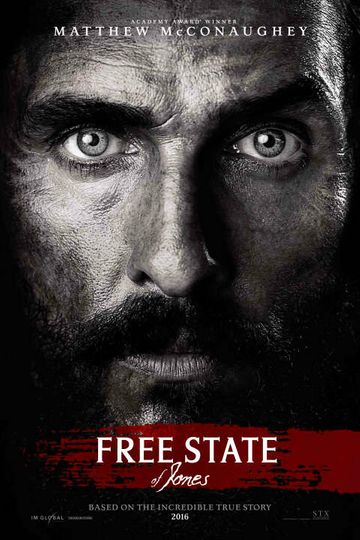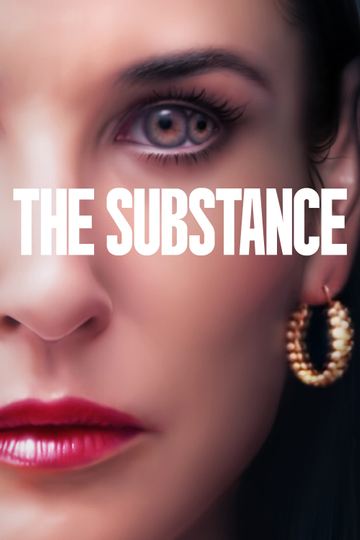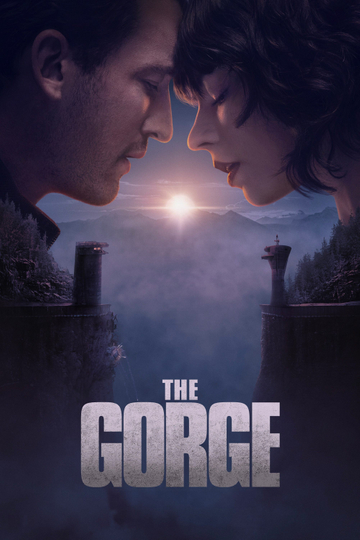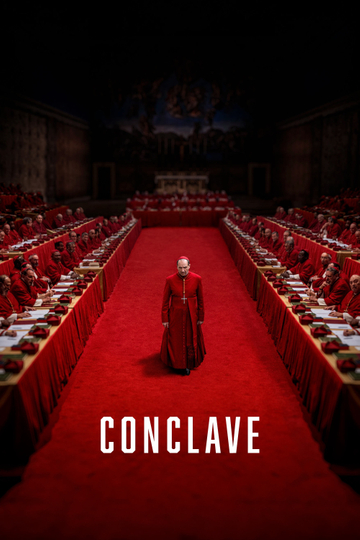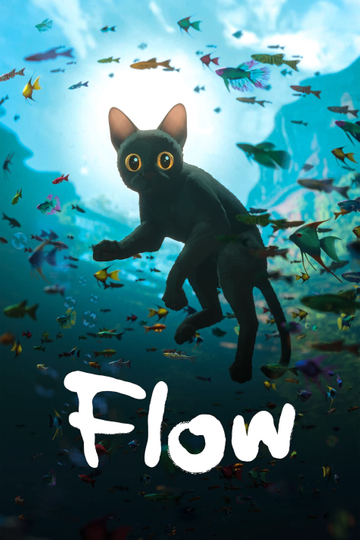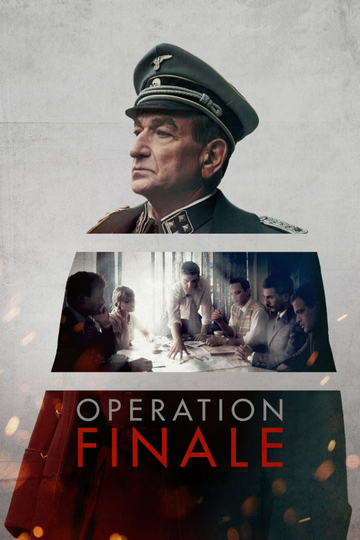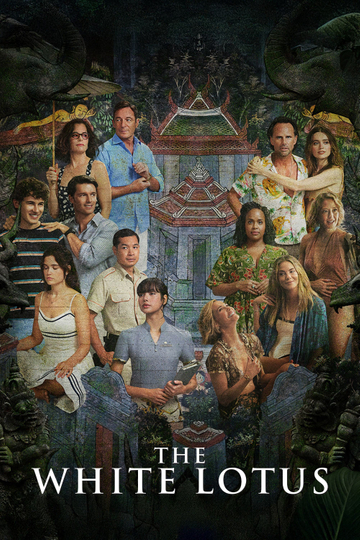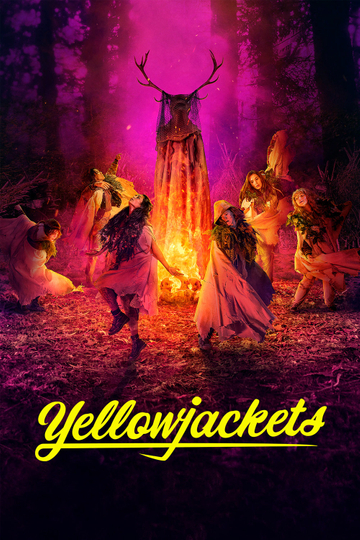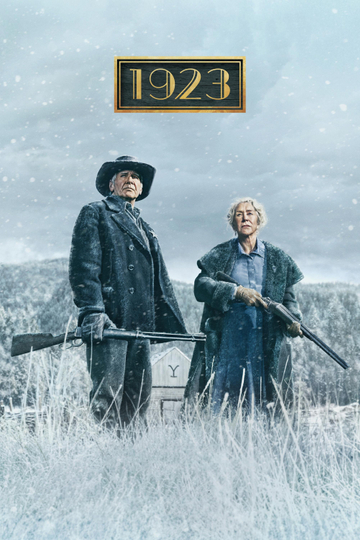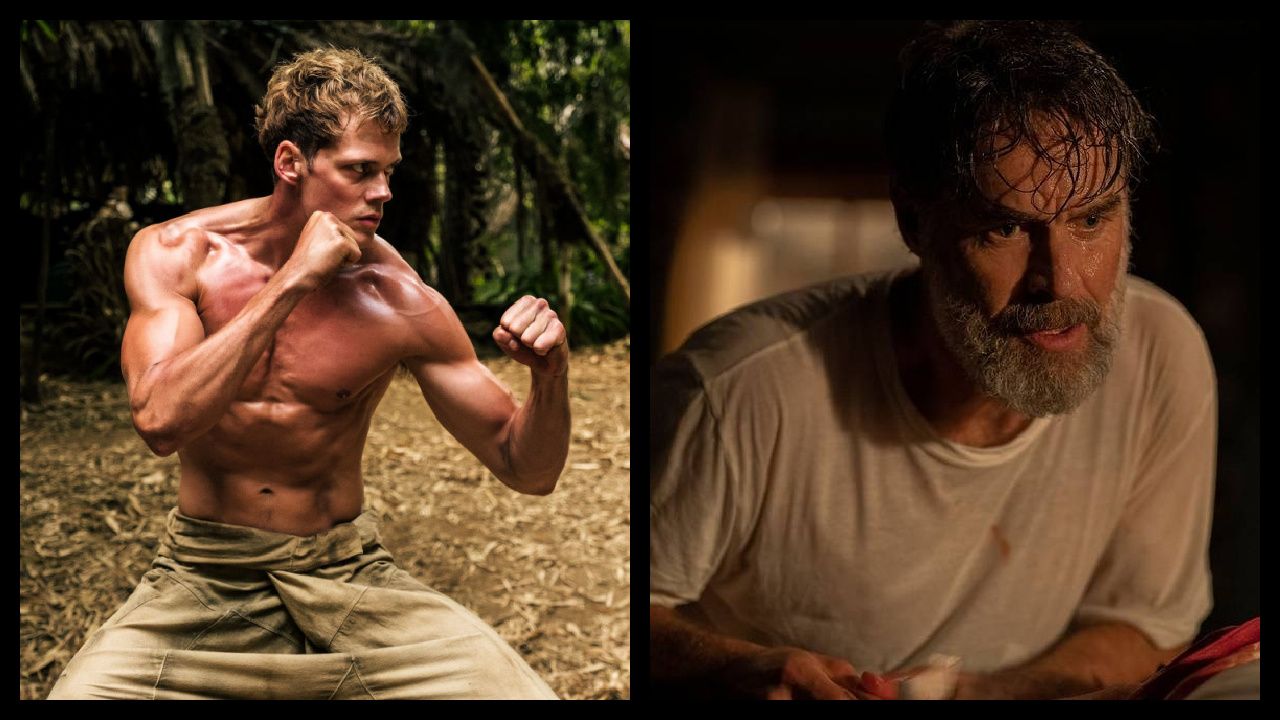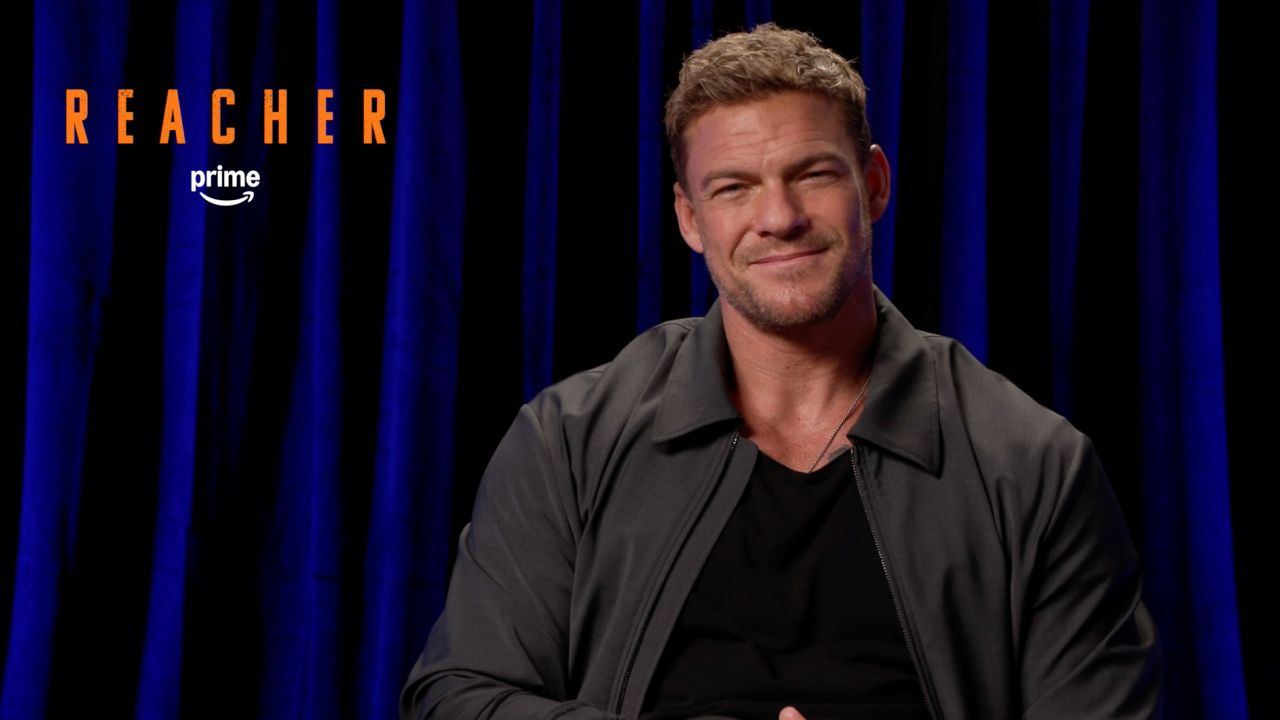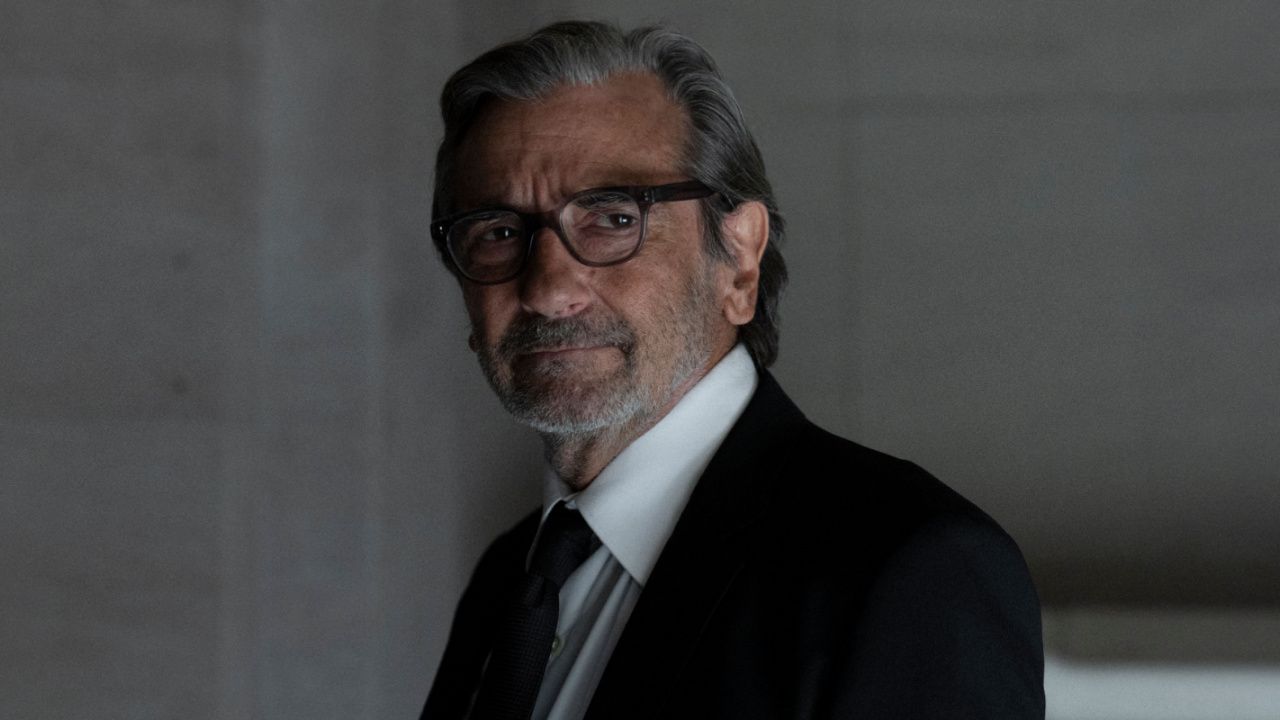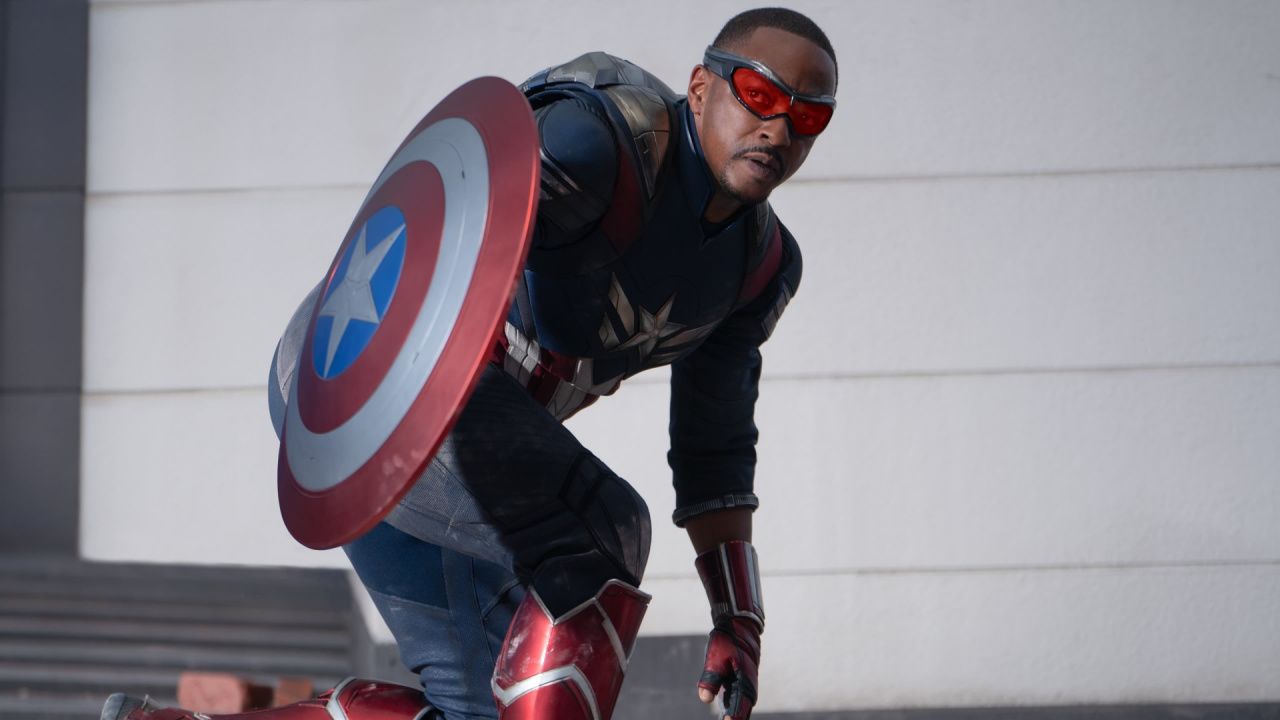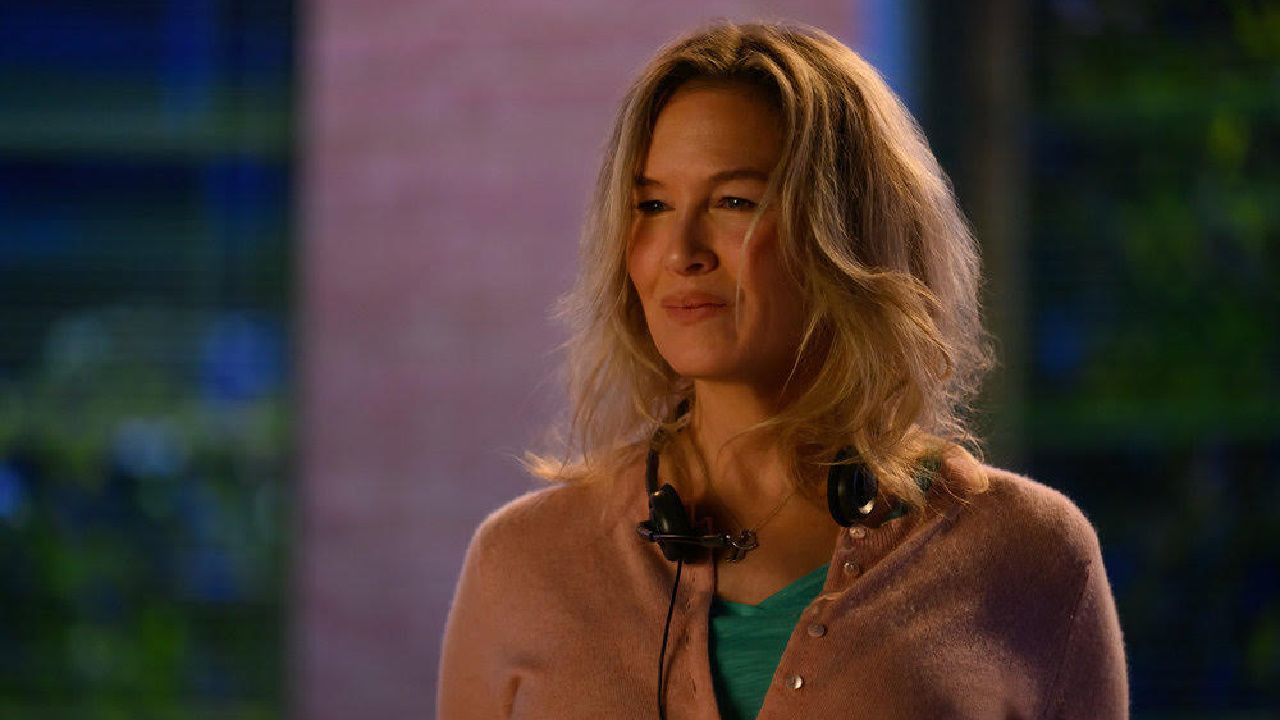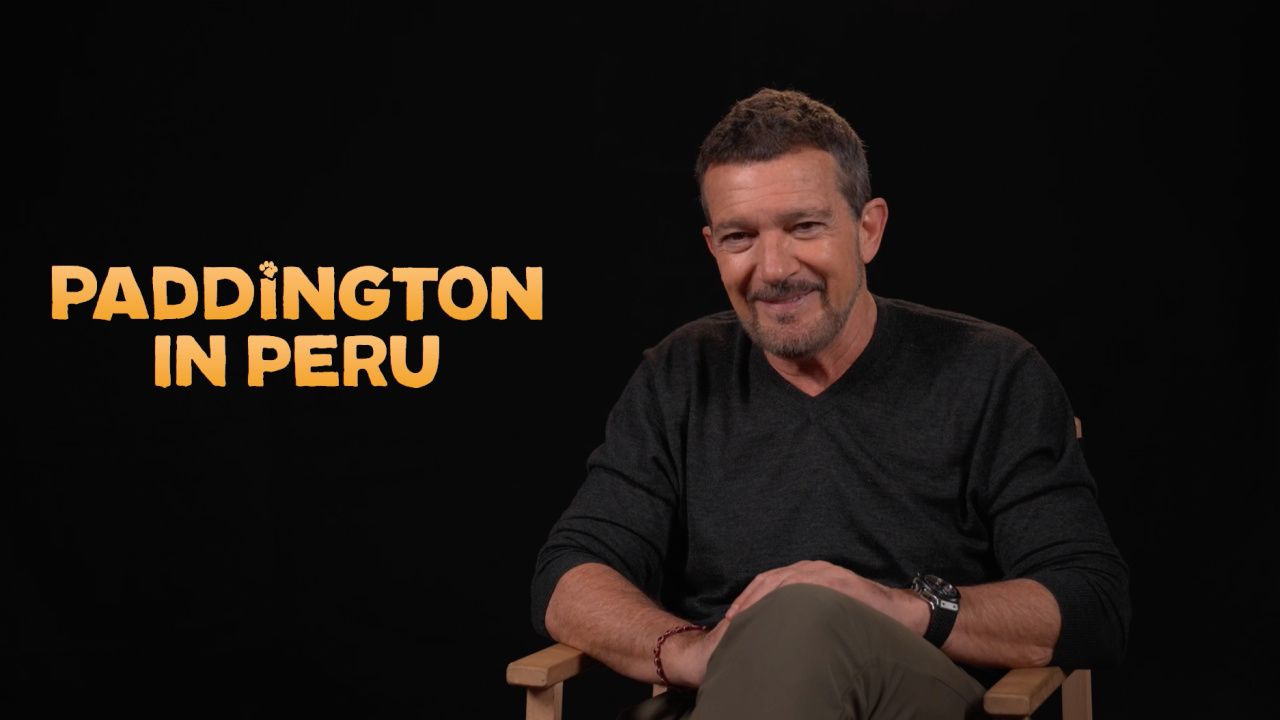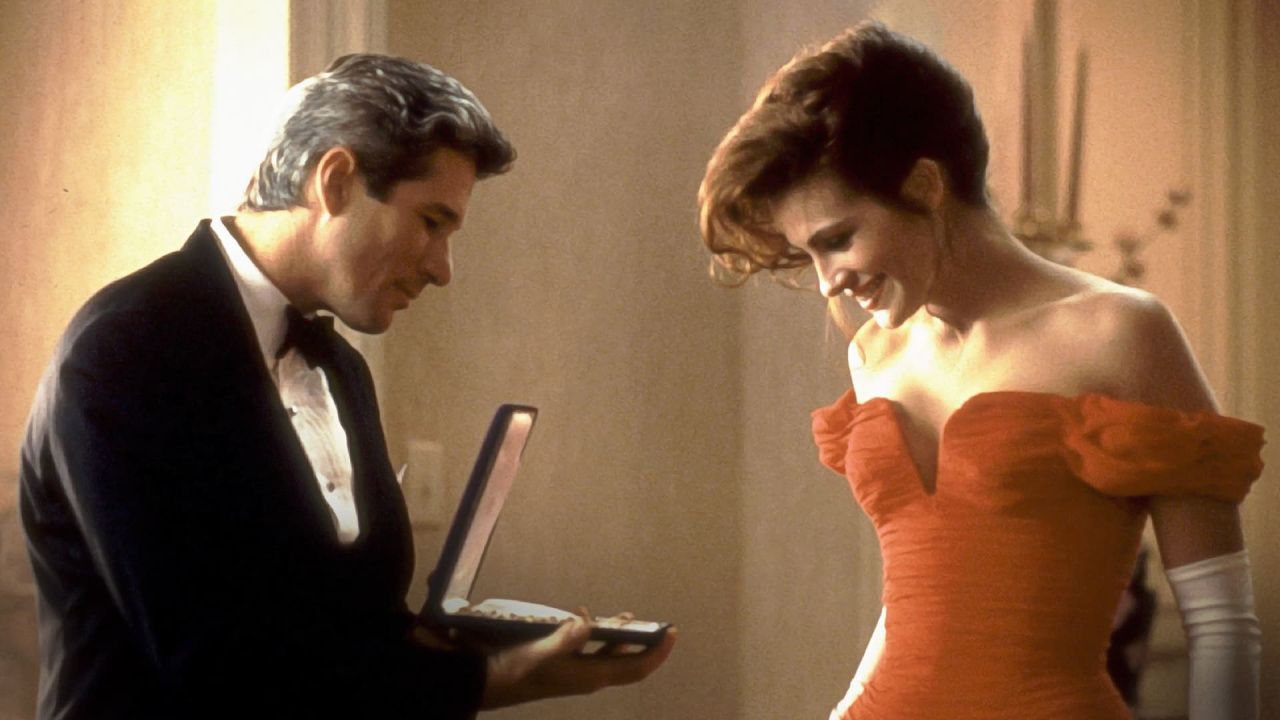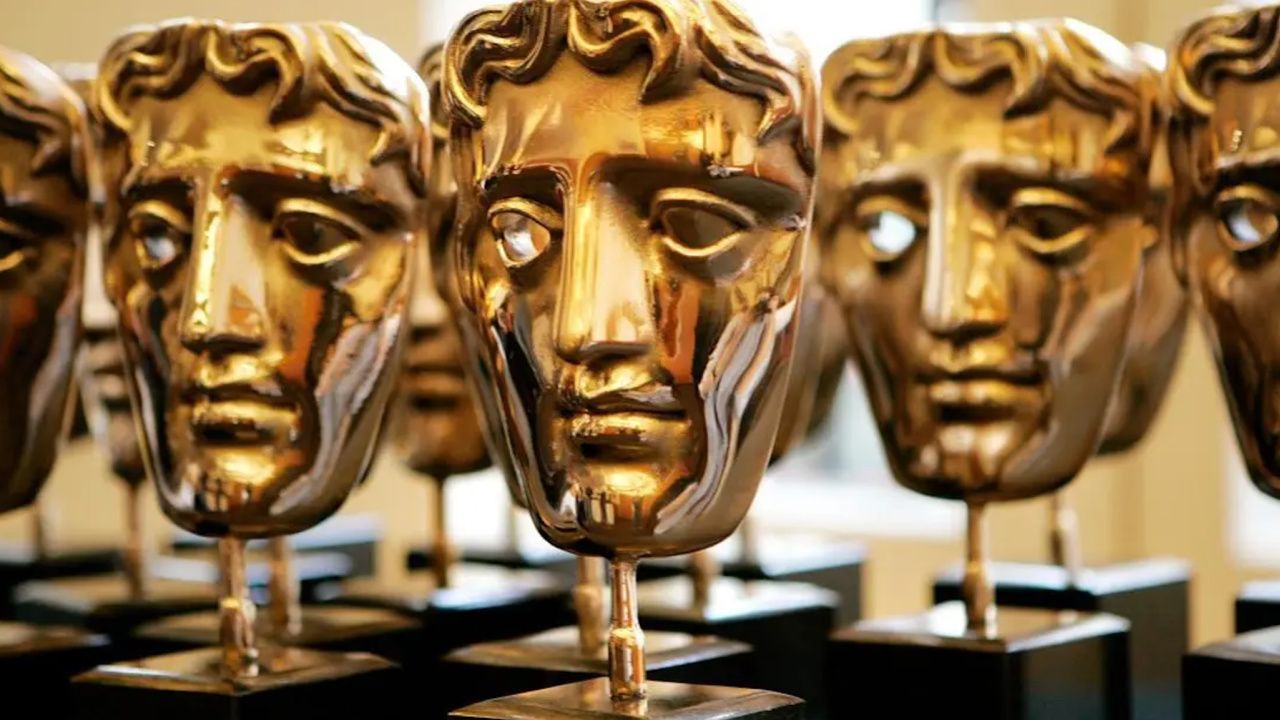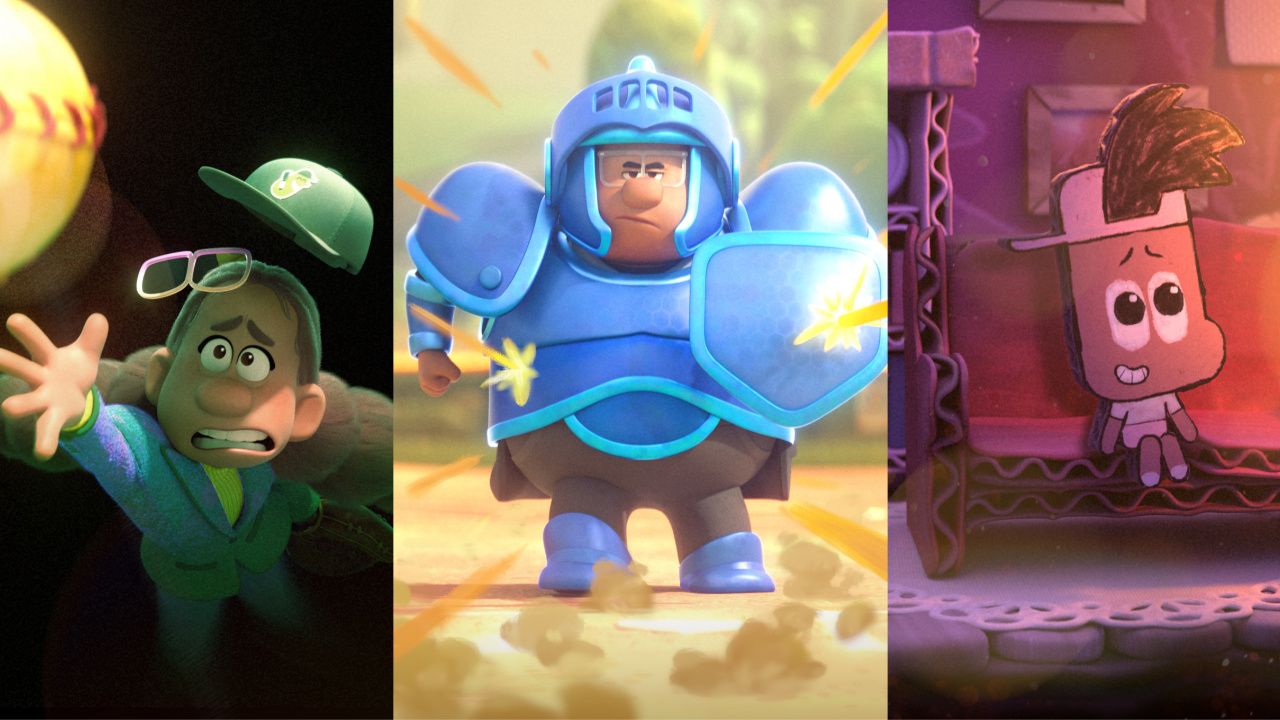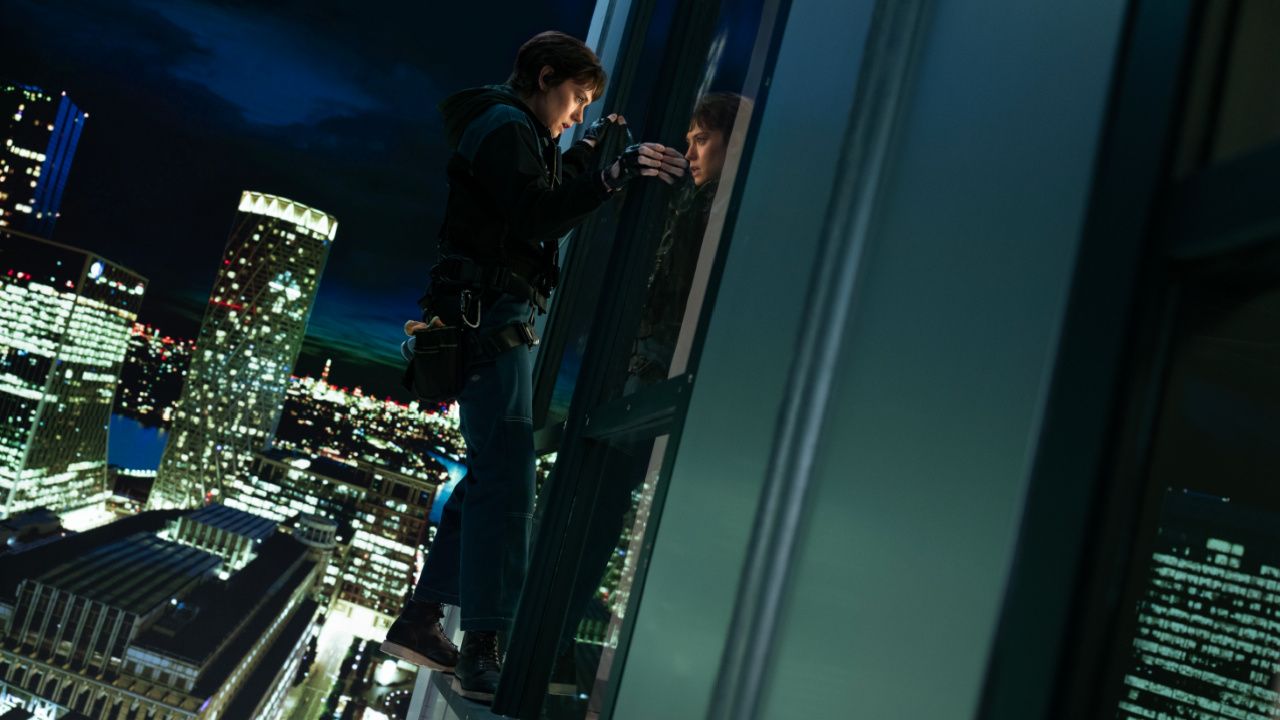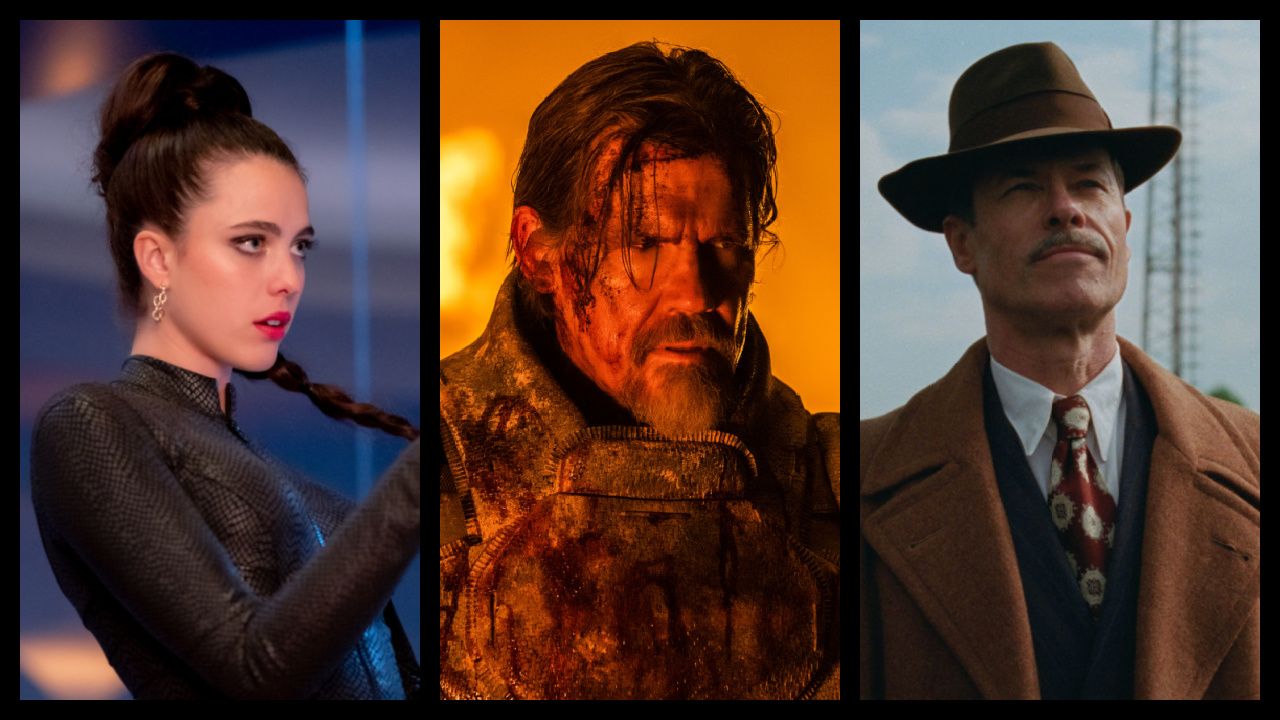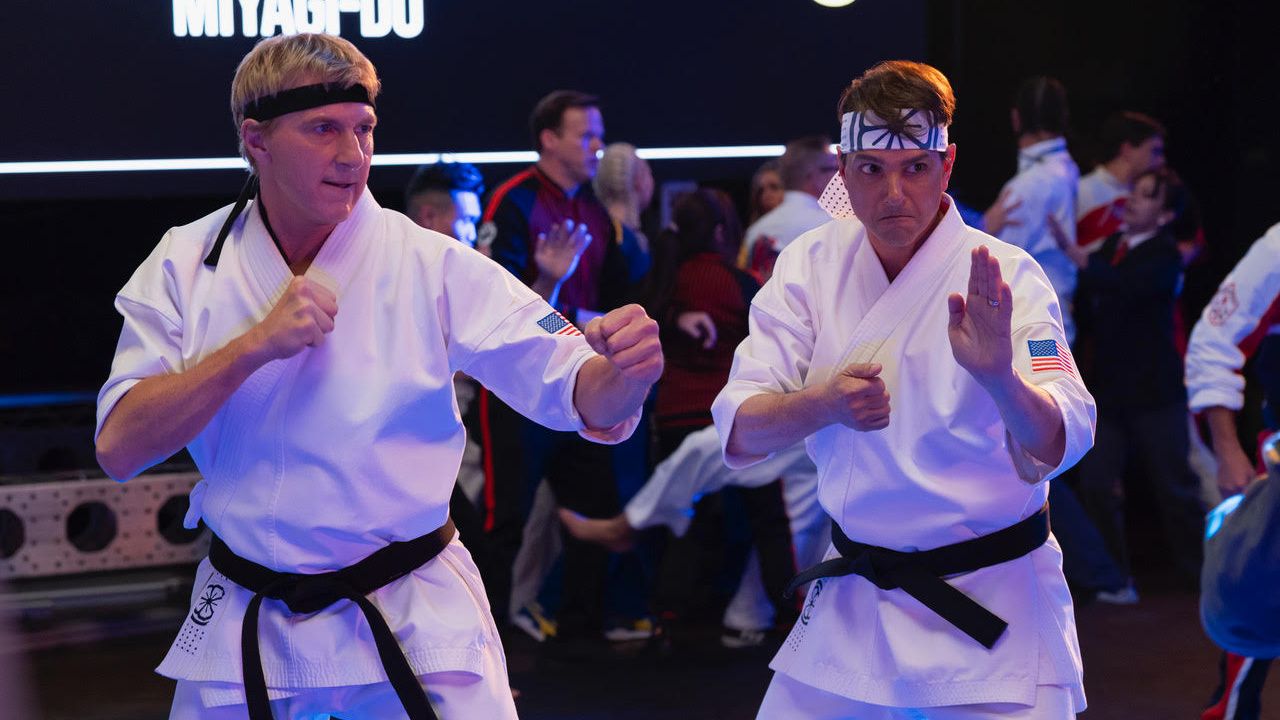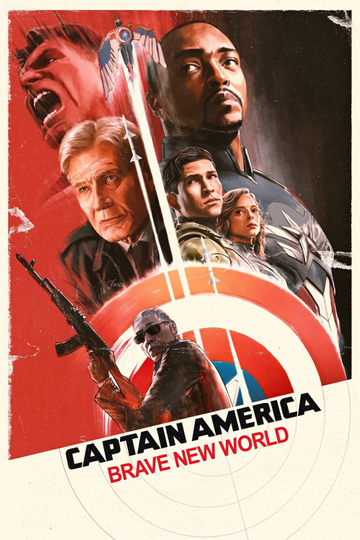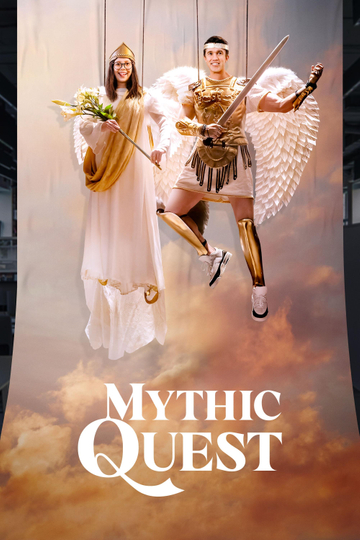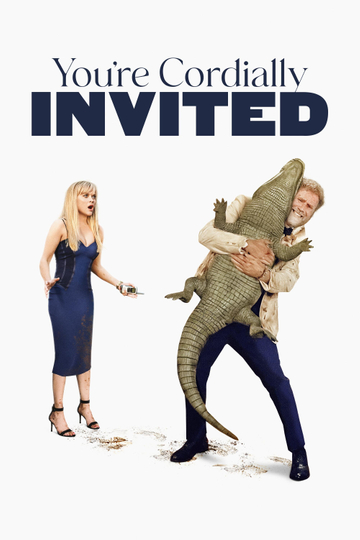Gugu Mbatha-Raw Committed to Authenticity in 'Free State of Jones'
In the Civil War epic "Free State of Jones," Gugu Mbatha-Raw had to contend with filming in the Louisiana swamps, which meant dealing daily with alligators, snakes, and lots and lots of bugs.
The "Beyond the Lights" actress sat down with Moviefone to talk about playing a slave who aids fugitive Newt Knight (Matthew McConaughey) and his cause to start a "free state" for escaped slaves and Southerners who were opposed to the Confederacy.
Moviefone: What drew you to this project?
Mbatha-Raw: Well, when I read the script, it was such an epic, visceral story and for me, being British, I didn't know much about the Civil War. I certainly didn't know about the Free State of Jones. I didn't know that Newt and Rachel really existed and that there was this rebellion. For me, the idea of some slaves having some agency and some freedoms, and the fact that Rachel had this thirst for knowledge, teaching herself to read. And so much bravery in the fact that she was transitioning these two worlds, from the plantation to the rebels marooned in the swamps. And, also, just that it was such an epic story and this idea of fighting for your freedom. It isn't just given to anyone, you have to step up and say you're ready for it.
Did you do any research for the role?
Yeah, I could have done tons. I did as much as I could. Gary [Ross] has been working on this for over 10 years, so he had a lot of access to some great historians and professors at Harvard that we were able to speak to. I went to Mississippi, to the real Jones county, visited Newt and Rachel's grave. I went to the real Alice Hotel, which is the hotel in the movie when they take over Ellisville. I read several slave narratives from Frederick Douglass and Harriet Jacobs, and watched as many movies and documentaries as I could about the Civil War. There was lots of stuff to get into.
It's a very American story; did you find things in it that were universal?
It's a very specific period of time, but for me, I love history and I think we can learn a lot from the past. Especially a true story like this, I just thought the courage of these characters was really inspiring. Why do you think this story is still relevant today? I think the struggle for freedom is ongoing. I don't think anyone can rest on their laurels and say, "We're free now, so let's just chill out." As is shown in the film, even when slavery was abolished, there was a re-enslavement and I think people have to be vigilant to guard their rights and fight for their rights, always.
I don't think we ever see you and Matthew kiss in the film. Did you ever film that and it just didn't make the final cut?
We did, actually. I think that's more a question for Gary. That's his vision.
I imagine there were some tough, emotional days on set.
When you're dealing with this period and what these characters are going through, absolutely. But it's part of the material. Yes, it was intense, but it was also wonderful to be working in such an amazing world. Being out there in the swamps -- I never really shot there in the middle of nowhere. You had to get a boat to the set and just some of the logistics of being on tornado watch and doing indoor scenes because we're not sure if a tornado's going to come and ruin our swamp set! There were a lot of physical challenges as well.
You were really in the swamps.
Yes, 100 per cent! Those were all real locations. We were in Louisiana just outside of New Orleans and one of the locations was in the Chicot National Park. I think when you really are out in those remote areas, it's not hard to imagine you're in a different period of time. There's no symbols of modernity, no telephone poles, no buildings. You really have the alligators and the swamps and the birds. So it's easy to imagine you're going back in town.And a lot of bugs?
Yes, a lot of bugs. I didn't get bitten by the chiggers, but it's not nice at all. I had a few mosquito bites. I got one on my face, which you can see in one scene.
Authenticity!
Exactly. [Laughs]
Did you see any alligators?
Daily! Every day we saw alligators when we were in the swamps. I remember being driven in a sort of go-cart thing, because they couldn't have real cars out there, and counting nine alligators between the trailer and the set. They were sunbathing. But they left us alone, pretty much. It was the snakes that were more of a worry.
I hope no one got bitten.
Nobody did.
You also have to shoot some some old-fashioned firearms. Did you do any training for that?
Mmm hmm. It was very much on the set. Those particular period rifles, as you see in the beginning battle scene, it's elaborate to do the firing. I think some of the actors who did the battle scenes had more of a boot camp training on how to load and reload. Most of mine was on set and as you see in the scene with Matthew, where Rachel is learning how to fire a gun, I was pretty much learning as we were shooting that scene.What about the period clothes. Did you, like Jennifer Jason Leigh in "The Hateful Eight," did you go with full period underwear as well?
I absolutely did! I didn't know that she did, too. It's very tricky when you're filming in humid New Orleans, but Louise Frogley, who was our costume designer ... you didn't feel that you were wearing costumes. These clothes felt so authentic. The pair of boots that I was wearing were actually from the period. They had to be re-soled and they were very, very delicate, but it was very special to wear these garments and dresses and shawls that really were from the time. A lot of them were very fragile. It just gave you a sense of authenticity, I think.
"Free State of Jones" opens nationwide Friday, June 24th.
